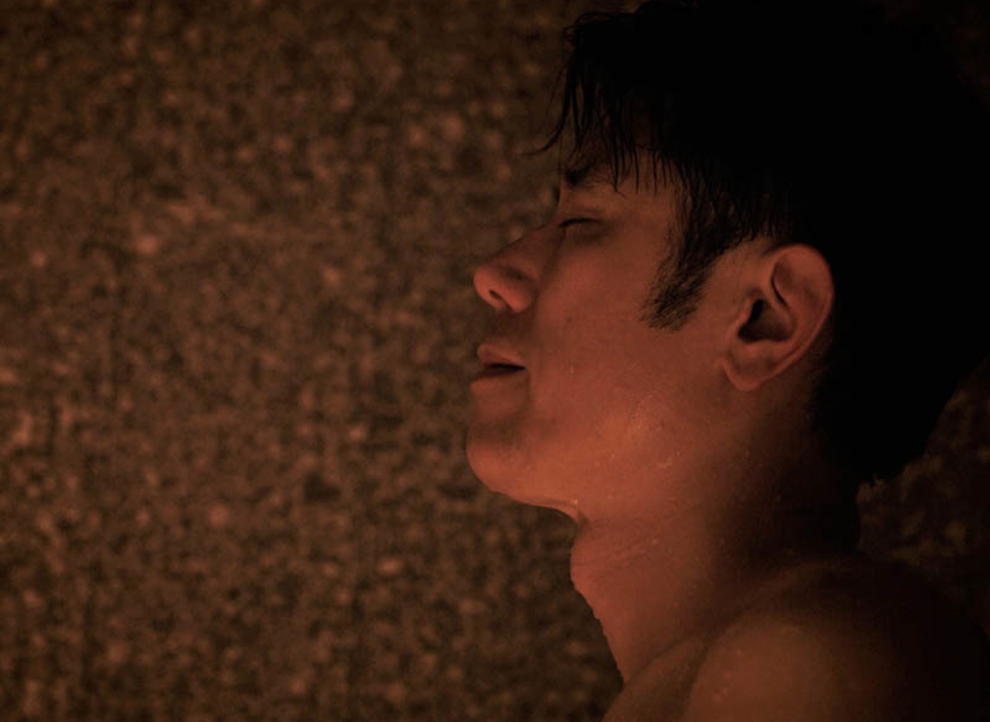
In Japan, there is currently an unprecedented sauna boom. Saunas used to be perceived as an enjoyment for middle-aged and elderly men, but now a trend has emerged, mainly driven by the younger generation. Furthermore, the number of female sauna enthusiasts is increasing (previously, saunas were considered primarily for men, and female users were not very common). As a result, female-only saunas have also started to emerge.
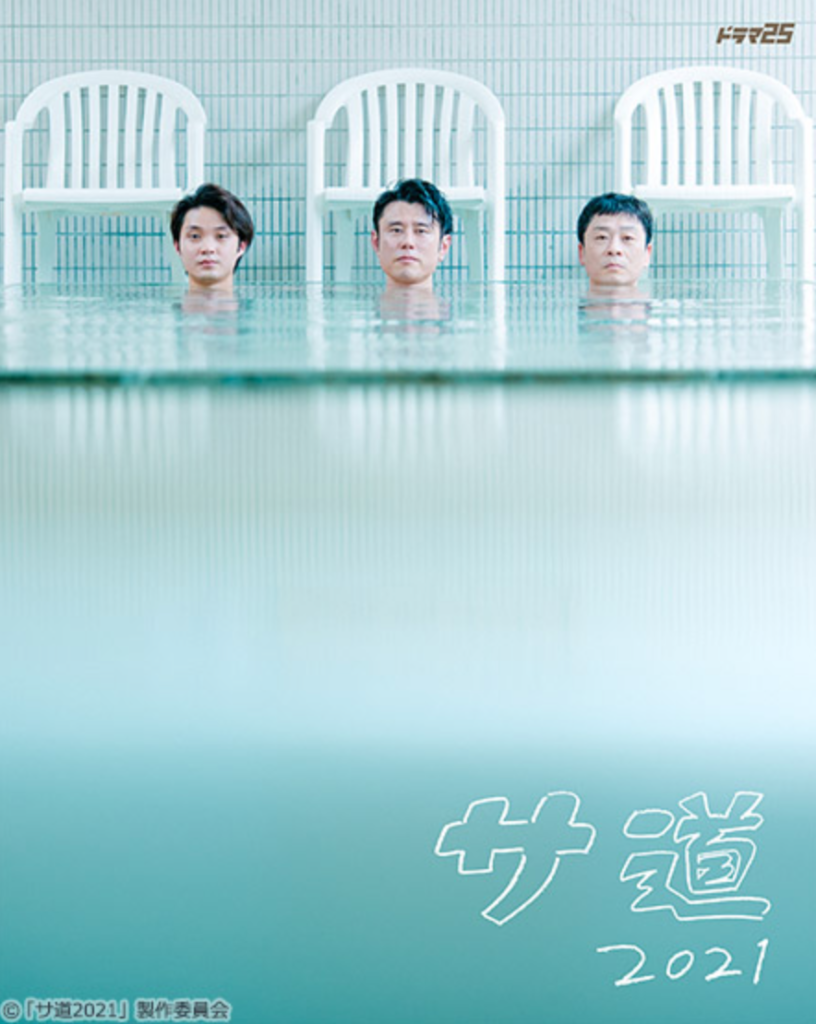
The catalyst for the sauna boom was the drama “Sadou,” which premiered in 2019. This heartwarming drama features three protagonists sharing their individual sauna experiences inside a sauna room. Thanks to this drama, the awareness of saunas skyrocketed.
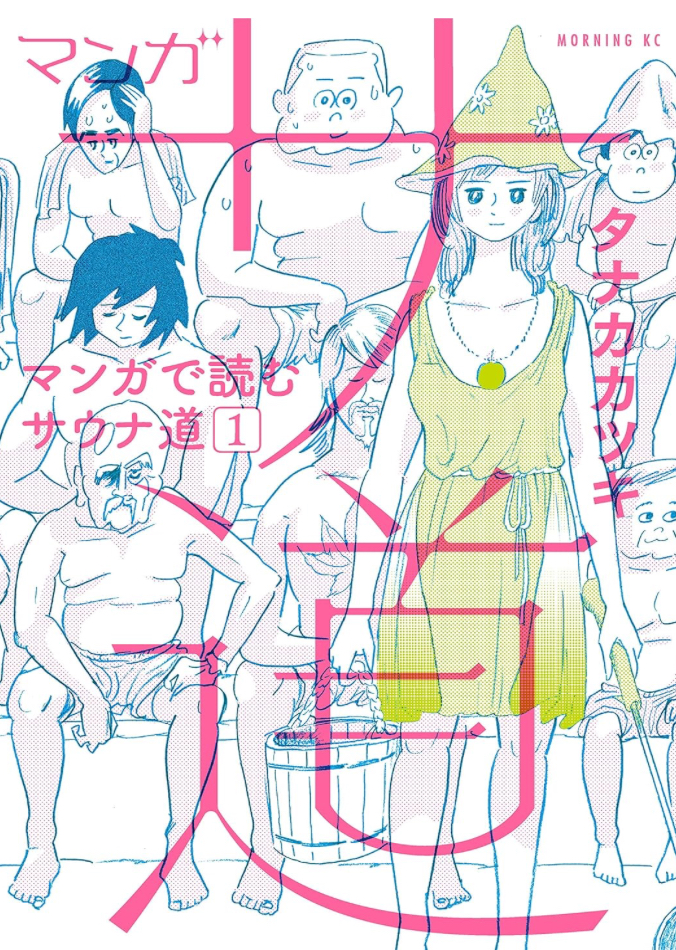
Originally, “Sadou” was a manga created by the manga artist Tanaka Katsuki, but its adaptation into a TV drama sparked interest in saunas among a broad audience, including the younger generation. The above is a poster for the drama.
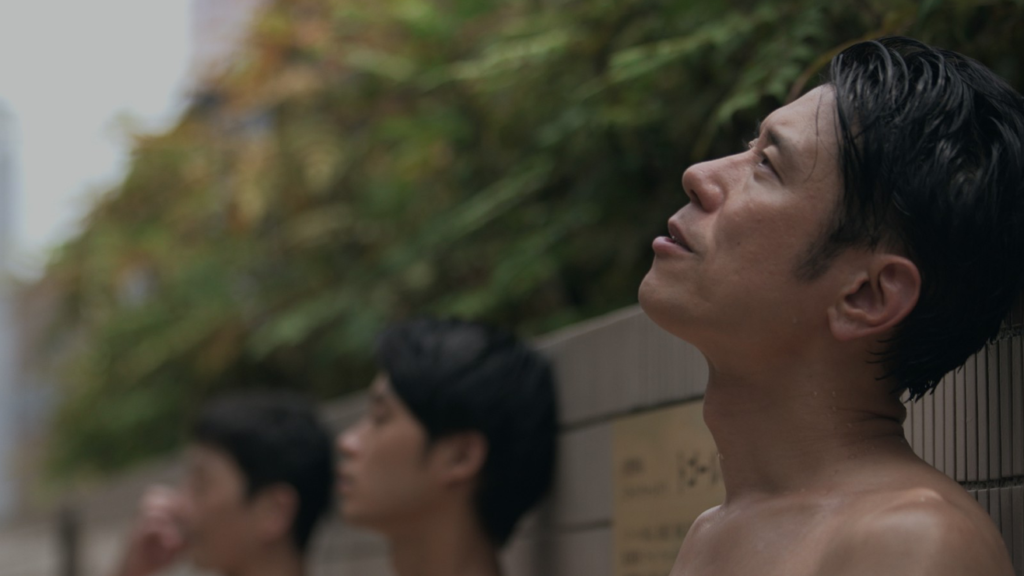
The impact of “Sadou” extended beyond just promoting saunas. In the drama, when the main characters enter the sauna, take a cold bath, and then relax during their breaks, they would utter the word “Totonotta~” which garnered significant attention from people. The phrase “Totonotta” is the completion form of the verb “Totonou,” which means to settle or find balance. In this article, we would like to focus on the theme of “Totonou” and explore its significance.

The word “Totonou” originally carries the meaning of “to arrange” or “to adjust” in Japanese. In the context of saunas, it refers to a state where both the body and mind find balance, allowing for relaxation and tranquility.
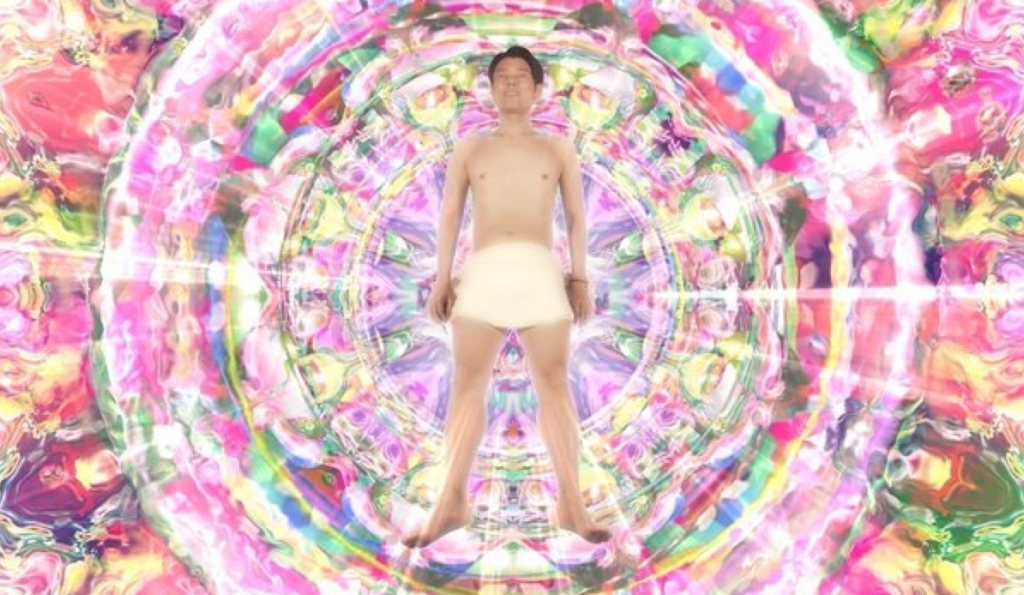
It seems that the state of “Totonou” is perceived differently by different people. In the drama “Sadou,” there are depictions of relaxing in a world shining with rainbow colors. But what exactly does it feel like? Below are comments from sauna enthusiasts.
“It feels like floating in the sky.”
“It feels connected to the universe.”
“It feels like becoming one with that place and merging into a single entity.”
“It feels like being in heaven.”
Everyone, I assure you, is definitely not doing any strange drugs, haha.
People come up with various metaphors, but the common thread in all of them is that it feels “incredibly pleasant.” Sauna enthusiasts enter the sauna for this “Totonou” moment. So, what’s the best way to achieve this state of “Totonou” in the sauna?”
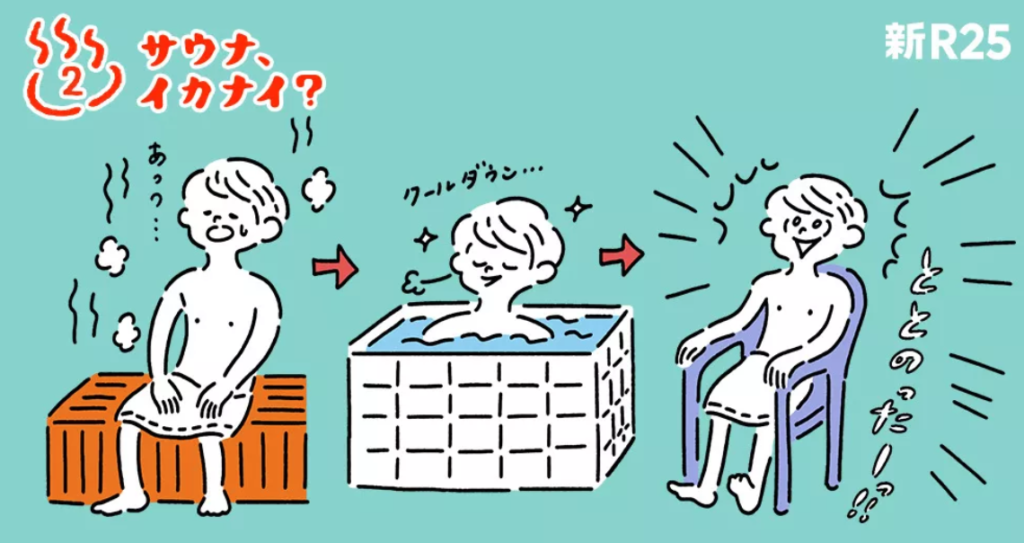
In fact, there is an established routine for achieving “Totonou” in the sauna, known as “contrast bathing.” Contrast bathing involves alternating between warm baths or saunas and cold water baths, aiming to attain health benefits that cannot be achieved by simply soaking in warm water.
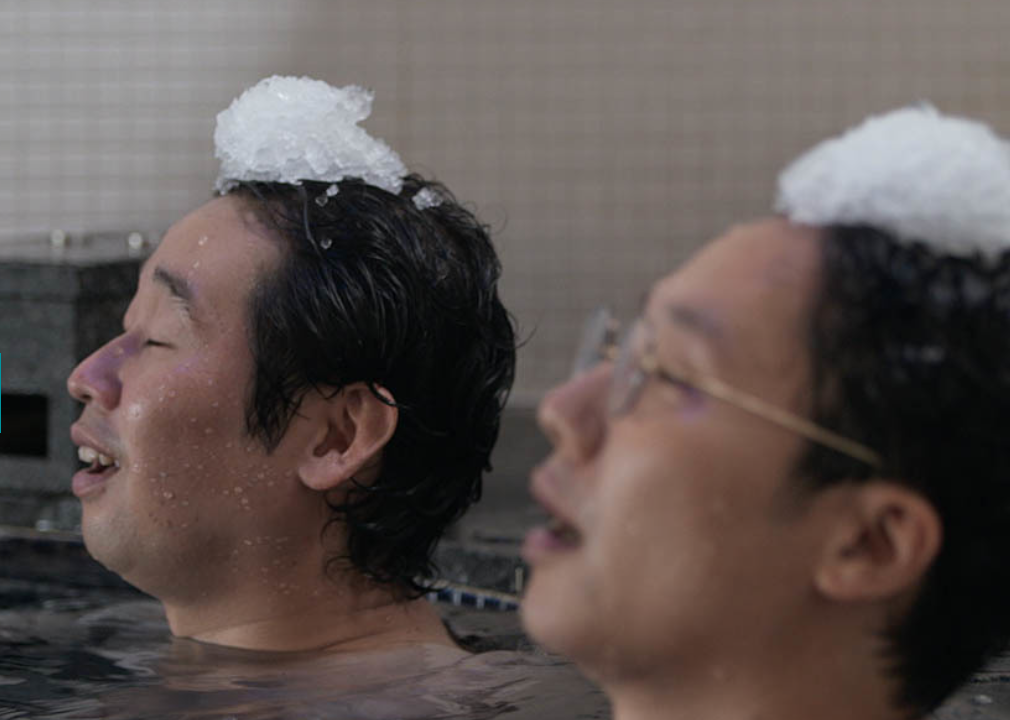
More specifically, in the sauna, you typically spend 6 to 12 minutes inside, then immediately rinse off the sweat and enter a cold water bath for 1 to 2 minutes. After leaving the cold bath, you rest in a room at room temperature, perhaps sitting on a chair or taking in fresh air (referred to as taking in fresh air). You repeat this cycle for three sets. However, the duration of time spent in each phase can vary from person to person and may also depend on your current state of health, so consider this as a general guideline. It’s essential to listen to your body and find the timing that feels best for you, without pushing yourself too hard.
Note: Contrast bathing is a bathing method that temporarily increases blood pressure. Therefore, it is not recommended for individuals with heart conditions or high blood pressure.
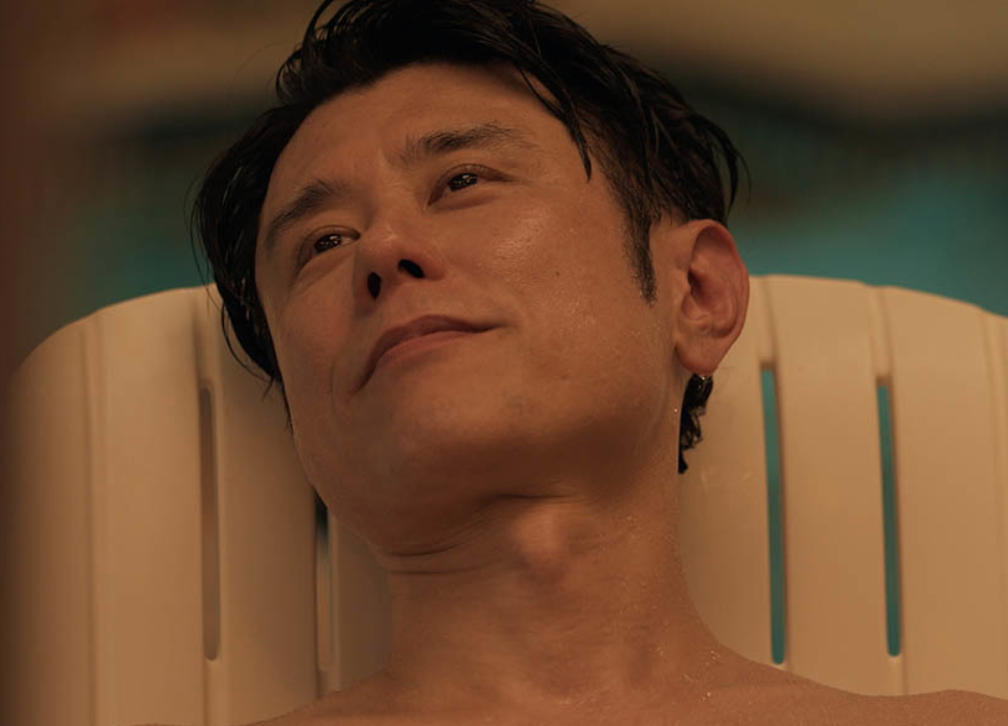
During the breaks in this routine is when the state known as “Totonou” is experienced. Some people reach this state during the third set, while others achieve it in the first set. It’s a state where your mind feels clear, and you become so relaxed that everyday stresses seem to fade away. While you’re in this relaxed state, your senses remain heightened, making it an incredibly pleasant experience. I encourage all of you to try this unique experience in a Japanese sauna! You’re sure to become captivated by it!
By the way, the mechanism behind experiencing “Totonou” in a sauna has been scientifically explored to some extent. It’s an interesting topic, and I hope to write an article about it sometime in the future!
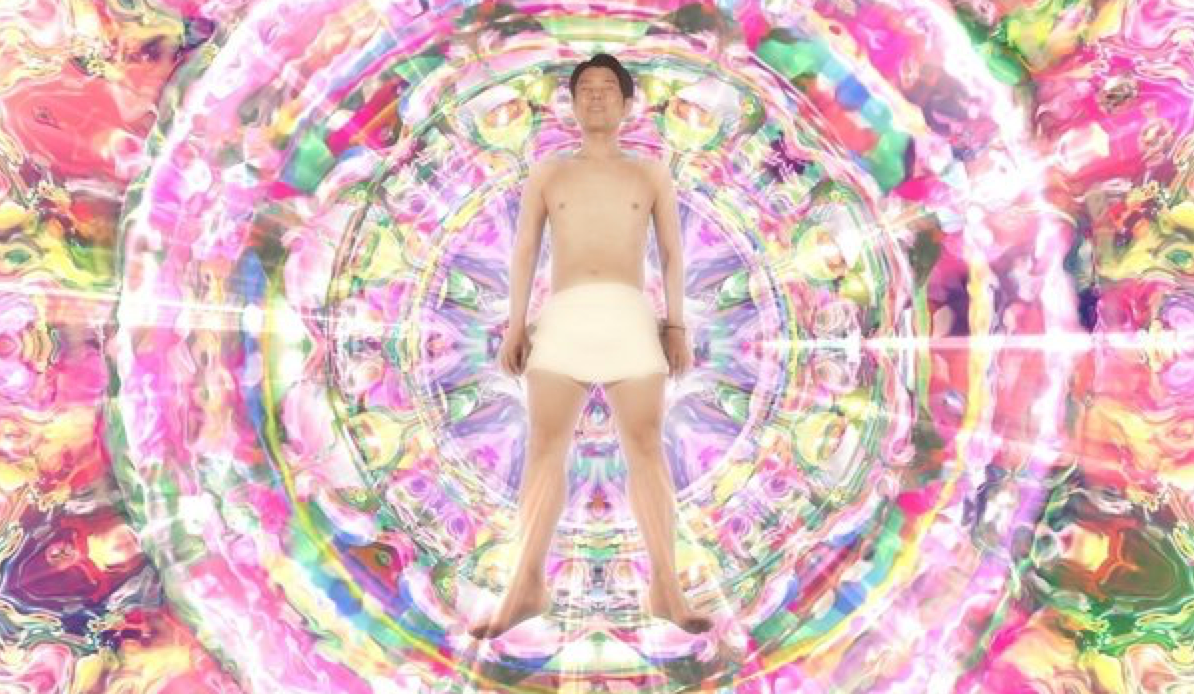
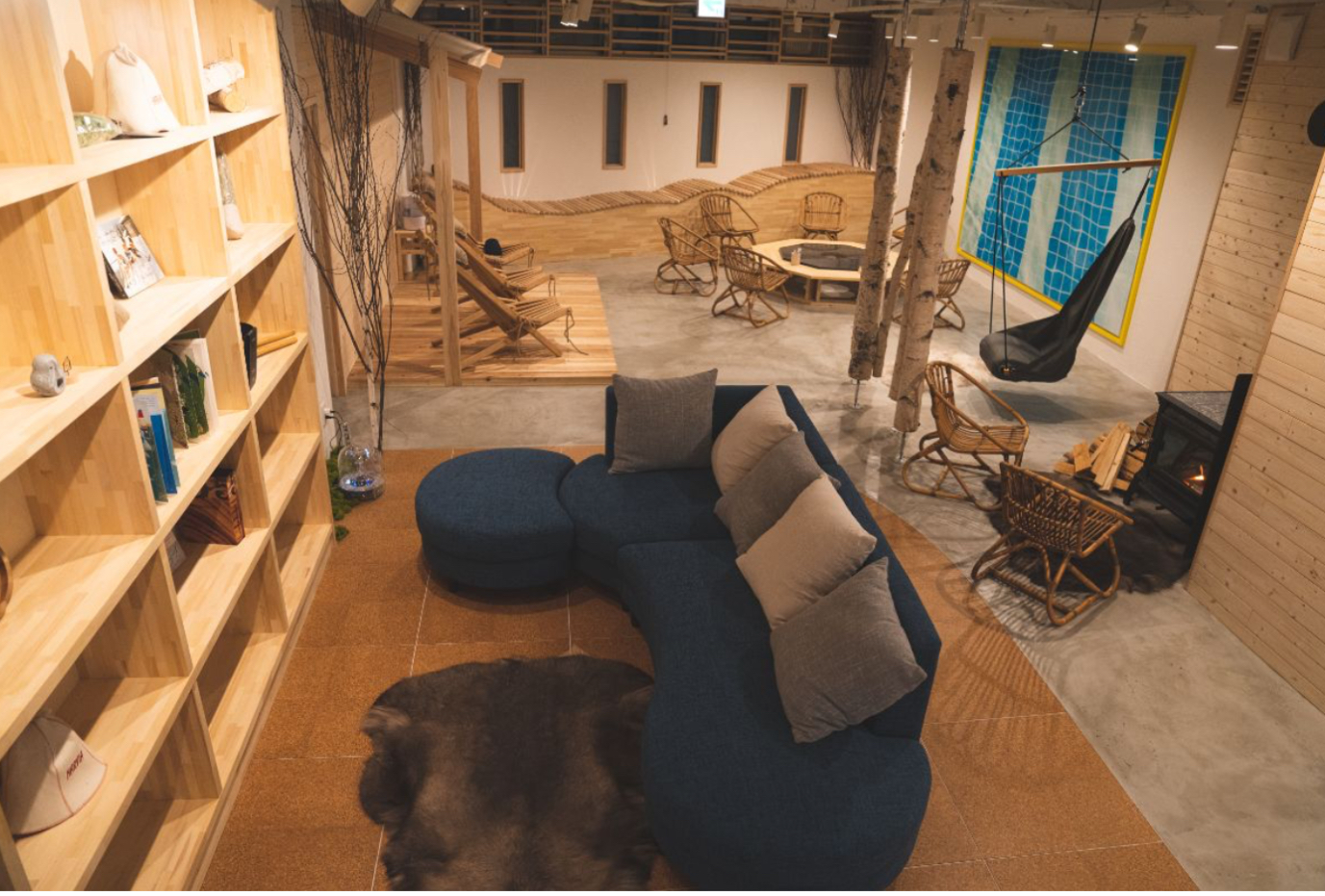
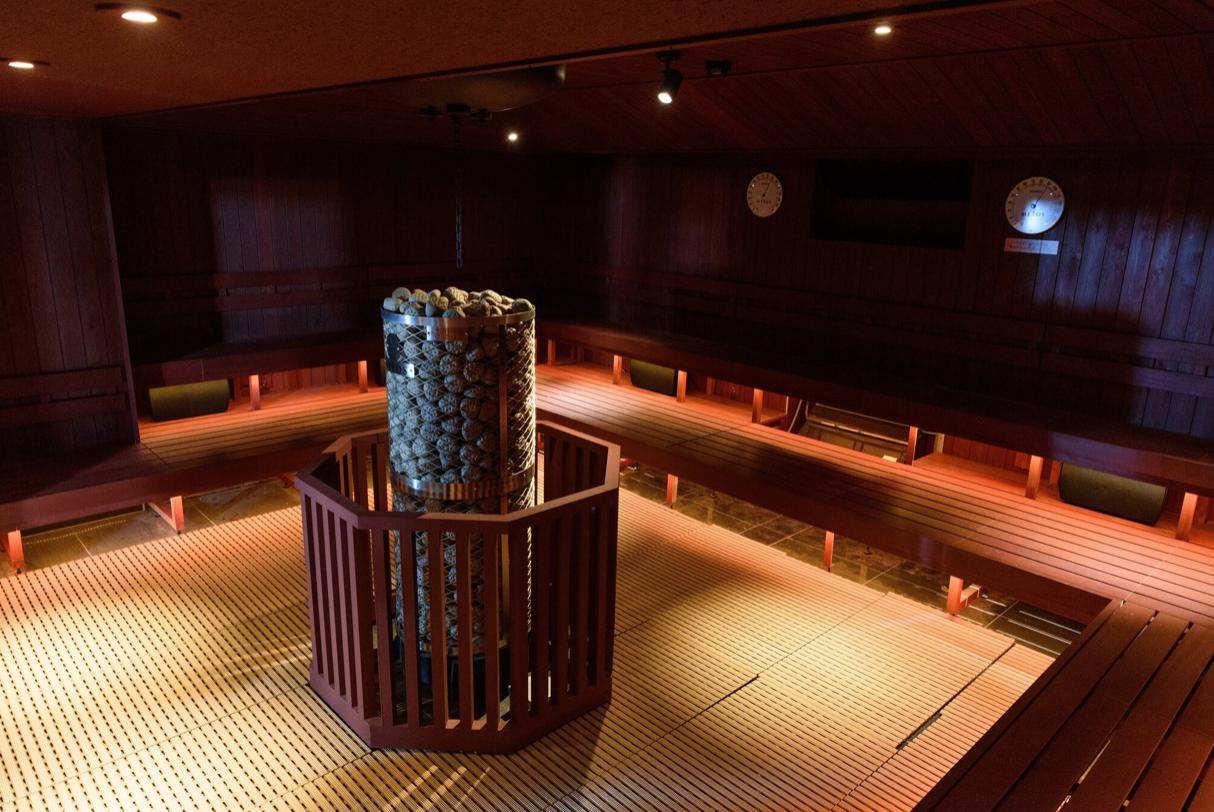
コメント